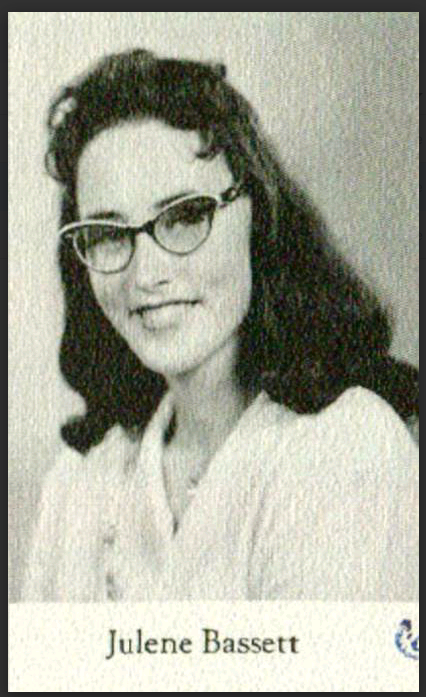on the reading of goods books
Dionysius Alexandrinus was about the year 240, a person of
great name in the Church for piety and learning, who had wont to avail himself
much against hereticks by being conversant in their Books; untill a certain
Presbyter laid it scrupulously to his conscience, how he durst venture himselfe
among those defiling volumes. The worthy man loath to give offence fell into a
new debate with himselfe what was to be thought; when suddenly a vision sent
from God, it is his own Epistle that so averrs it, confirm'd him in these
words: Read any books what ever come to
thy hands, for thou art sufficient both to judge aright, and to examine each
matter. To this revelation he assented the sooner, as he confesses, because
it was answerable to that of the Apostle to the Thessalonians, Prove all things, hold fast that which is
good. And he might have added another remarkable saying of the same Author; To
the pure, all things are pure, not only meats and drinks, but all kinde of
knowledge whether of good or evill; the knowledge cannot defile, nor
consequently the books, if the will and conscience be not defil'd. For
books are as meats and viands are; some of good, some of evill substance; and
yet God in that unapocryphall vision, said without exception, Rise Peter, kill
and eat, leaving the choice to each mans discretion. Wholesome meats to a
vitiated stomack differ little or nothing from unwholesome; and best books to a
naughty mind are not unappliable to occasions of evill. Bad meats will scarce
breed good nourishment in the healthiest concoction; but herein the difference
is of bad books, that they to a discreet and judicious Reader serve in many
respects to discover, to confute, to forewarn, and to illustrate.
(John Milton, AREOPAGITICA;
part 2)


Comments
Post a Comment
I love to collect thoughts. I would love to collect some of yours, if they are mindful and respectable.